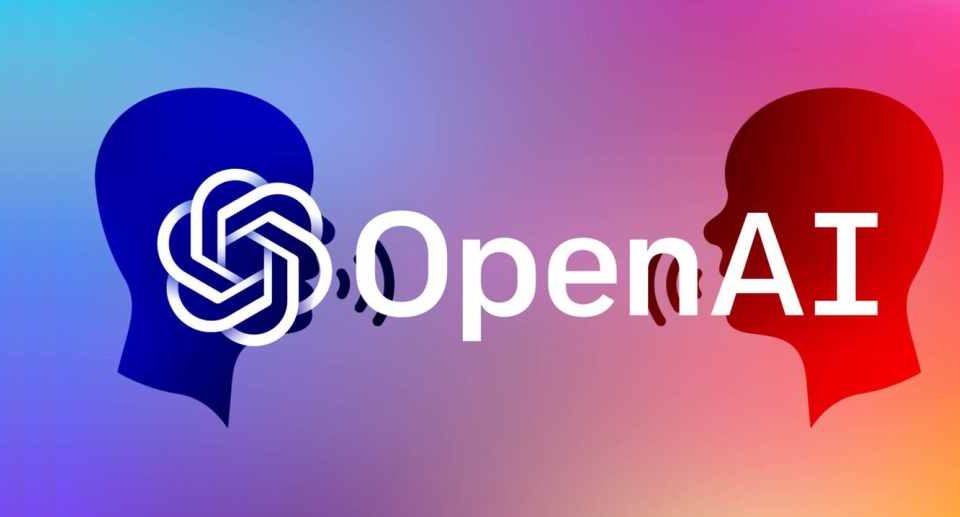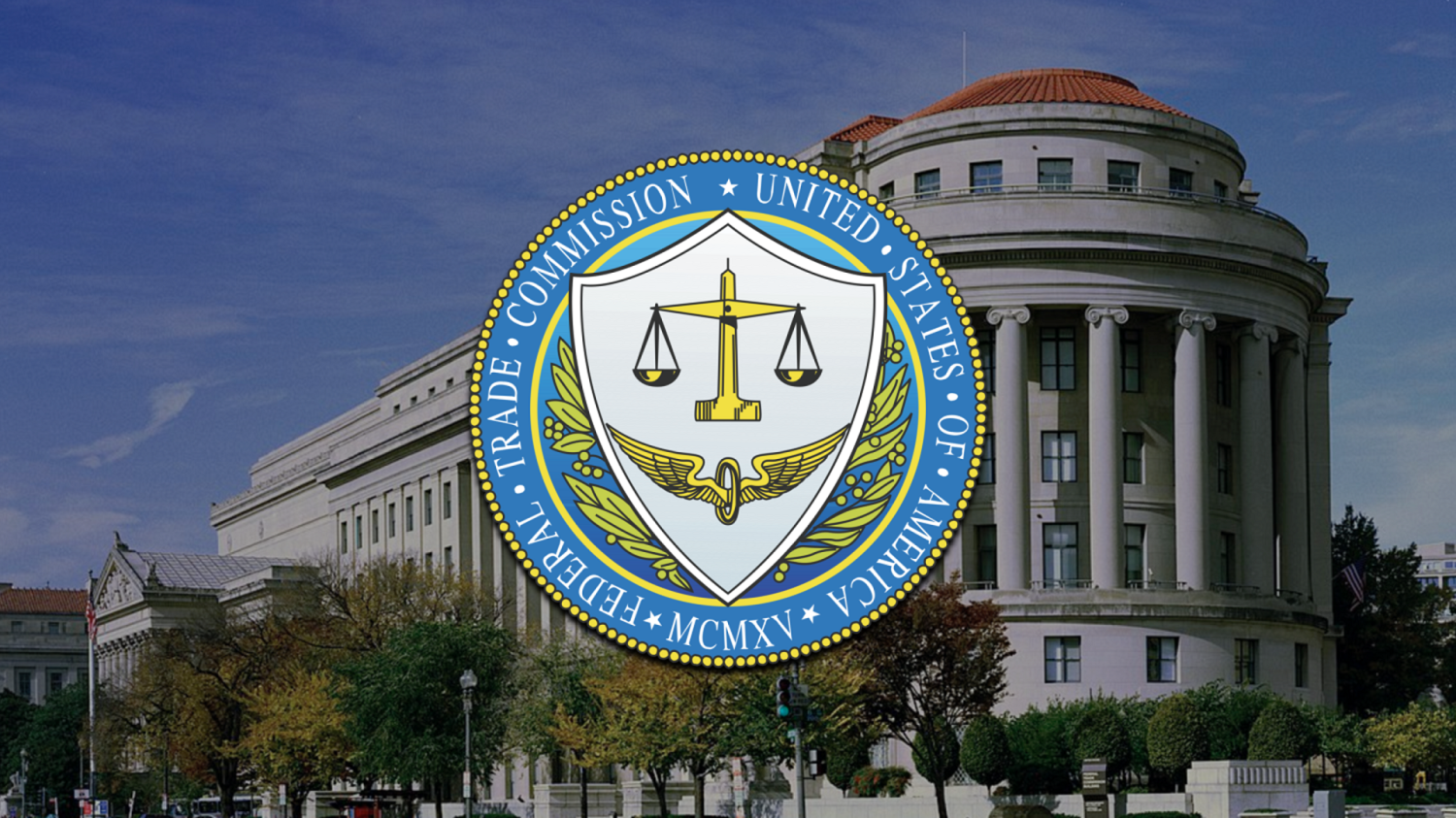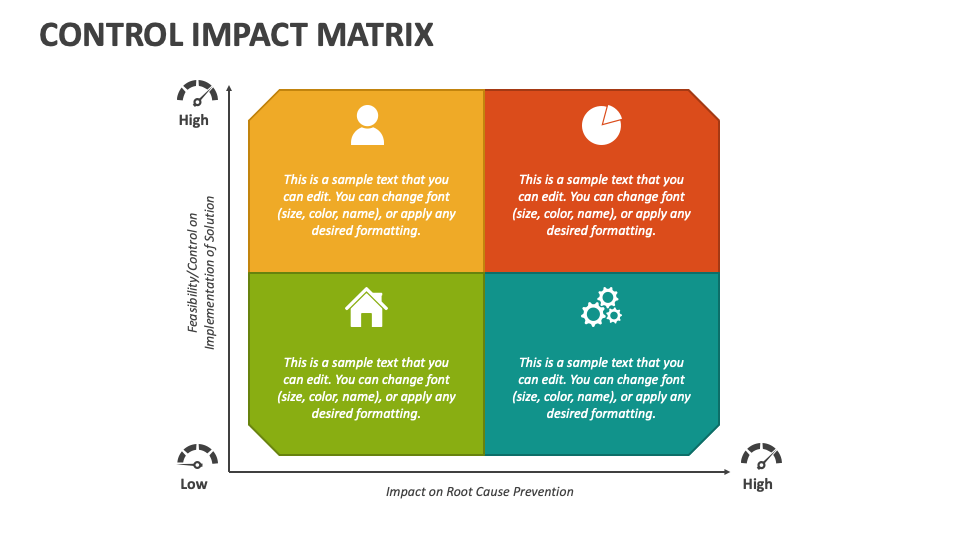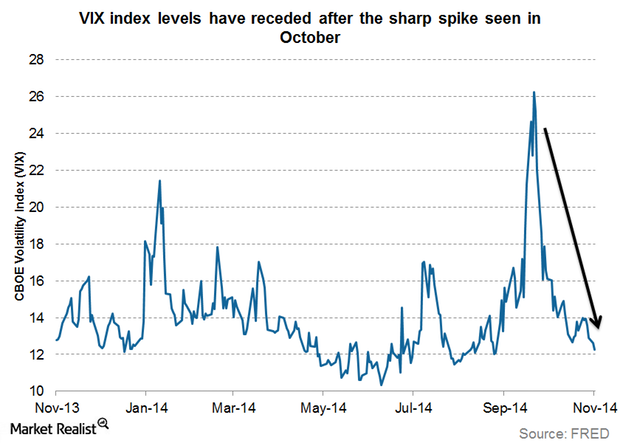OpenAI's ChatGPT Under FTC Scrutiny: A Deep Dive

Table of Contents
The FTC's Concerns Regarding ChatGPT's Data Handling Practices
The FTC's investigation into ChatGPT centers on several key concerns related to OpenAI's data handling practices and the potential risks to consumers.
Data Privacy Violations
The FTC is likely scrutinizing ChatGPT's compliance with various data privacy laws, including the California Consumer Privacy Act (CCPA) and the General Data Protection Regulation (GDPR). Potential violations being investigated may include:
- Unauthorized data collection: Concerns exist about whether ChatGPT collects user data beyond what is necessary and transparently disclosed.
- Insufficient data security: The FTC might be investigating whether OpenAI has implemented adequate security measures to protect user data from unauthorized access, breaches, or misuse.
- Lack of transparency: Questions remain regarding the clarity and comprehensiveness of OpenAI's privacy policies and its practices related to data usage and sharing.
These potential violations represent significant risks to consumer privacy, emphasizing the need for stricter regulations and greater accountability in the AI industry. The FTC's investigation seeks to determine whether OpenAI's data practices meet legal requirements and protect user information effectively.
Algorithmic Bias and Discrimination
Another critical concern is the potential for algorithmic bias in ChatGPT. The model is trained on vast datasets, and if these datasets reflect existing societal biases, ChatGPT's responses could perpetuate and even amplify those biases, leading to discriminatory outcomes. Examples of potential biases include:
- Gender bias: ChatGPT might generate responses that reinforce harmful stereotypes about gender roles or capabilities.
- Racial bias: The model's responses could exhibit prejudice based on race or ethnicity.
- Socioeconomic bias: ChatGPT's output may reflect and perpetuate biases related to socioeconomic status.
Addressing algorithmic bias is crucial for ensuring fairness and equity in AI systems. The FTC investigation will likely examine OpenAI's efforts to mitigate bias and whether they meet acceptable standards. Legislation addressing algorithmic fairness, while still developing, is playing a significant role in shaping this investigation.
Misinformation and the Spread of Falsehoods
ChatGPT's ability to generate human-quality text also raises concerns about the spread of misinformation and falsehoods. The model can create convincing but entirely fabricated content, making it difficult to distinguish between truthful and false information. This poses challenges:
- Erosion of public trust: The proliferation of AI-generated misinformation can undermine public trust in information sources and institutions.
- Real-world harm: False information generated by ChatGPT could have serious consequences, ranging from influencing political opinions to causing harm to individuals.
- Regulatory challenges: Regulating the generation and dissemination of AI-generated content presents significant challenges, requiring innovative approaches to content moderation and verification.
OpenAI's Response to the FTC Investigation
OpenAI has publicly acknowledged the FTC investigation and stated its commitment to addressing the concerns raised. The company has indicated steps towards improving data privacy, including:
- Enhanced data security measures.
- Refinements to its privacy policies for greater transparency.
- Ongoing efforts to mitigate algorithmic bias in its models.
However, the specifics of OpenAI's actions and their effectiveness remain under scrutiny. The FTC's investigation will likely determine whether these changes are sufficient to address the concerns and ensure compliance with relevant regulations. The outcome will significantly influence OpenAI’s future development of AI technologies and its commitment to responsible AI development.
Potential Outcomes and Implications of the FTC Investigation
The FTC's investigation could lead to several potential outcomes, including:
- Financial penalties: OpenAI may face significant fines if found to have violated consumer protection laws.
- Corrective actions: The FTC might require OpenAI to implement specific changes to its data practices and AI models.
- Consent decrees: A consent decree might outline specific requirements OpenAI must meet to resolve the FTC's concerns.
The implications extend far beyond OpenAI. This case sets a precedent for how the government regulates AI companies, influencing the development of large language models and other AI technologies. Consumer trust in AI will also be significantly impacted by the outcome. The investigation might also prompt revisions to existing data privacy regulations or the creation of new ones specifically addressing the challenges posed by AI.
The Future of Responsible AI Development in Light of the ChatGPT Investigation
The ChatGPT investigation underscores the urgent need for greater transparency and accountability in AI development. This requires:
- Robust ethical guidelines: Clear ethical guidelines and best practices are needed to guide the development and deployment of AI systems.
- Stronger regulatory frameworks: More comprehensive and adaptable regulations are essential to address the evolving challenges posed by AI.
- Industry collaboration: Collaboration between AI developers, policymakers, and researchers is crucial for establishing effective standards and practices.
The implications of this investigation extend to all large language models and AI companies. It serves as a reminder that responsible AI development necessitates a proactive approach to data privacy, algorithmic bias, and the prevention of misinformation.
Conclusion: Navigating the Uncertain Future of ChatGPT and AI Regulation
The OpenAI ChatGPT FTC investigation highlights the significant challenges and complexities involved in regulating AI. Concerns about data privacy, algorithmic bias, and the potential for misinformation are central to this case and will likely shape the future of AI regulation. The outcome will have a profound impact on the development of large language models and the broader AI industry. It's crucial to stay informed about the OpenAI ChatGPT FTC investigation and the evolving landscape of AI regulation. Further research into responsible AI practices is essential to ensure the beneficial and ethical development of this transformative technology. Staying informed about developments in the OpenAI ChatGPT FTC investigation is crucial for understanding the future of AI and its impact on society.

Featured Posts
-
 Ftcs Appeal Against Microsoft Activision Merger Approval
Apr 26, 2025
Ftcs Appeal Against Microsoft Activision Merger Approval
Apr 26, 2025 -
 Understanding The Difficulties Why Bmw And Porsche Struggle In The Chinese Market
Apr 26, 2025
Understanding The Difficulties Why Bmw And Porsche Struggle In The Chinese Market
Apr 26, 2025 -
 Access To Birth Control The Impact Of Over The Counter Options Post Roe
Apr 26, 2025
Access To Birth Control The Impact Of Over The Counter Options Post Roe
Apr 26, 2025 -
 Open Ais Chat Gpt Under Ftc Scrutiny A Deep Dive
Apr 26, 2025
Open Ais Chat Gpt Under Ftc Scrutiny A Deep Dive
Apr 26, 2025 -
 Bof As Take Why Stretched Stock Market Valuations Shouldnt Worry Investors
Apr 26, 2025
Bof As Take Why Stretched Stock Market Valuations Shouldnt Worry Investors
Apr 26, 2025
